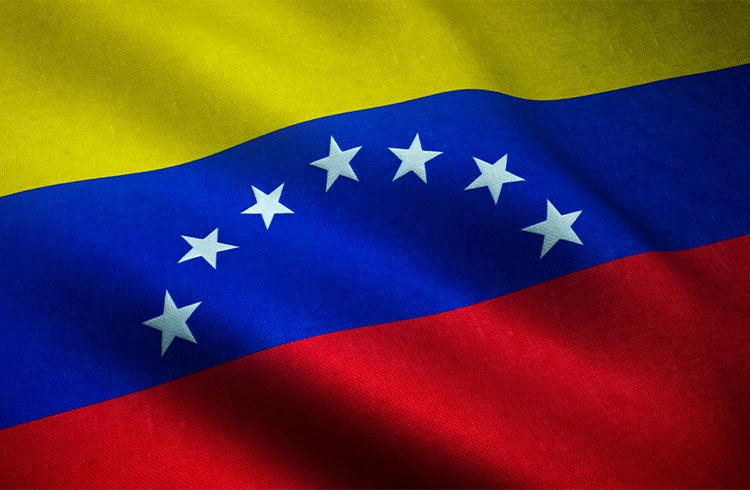
Venezuela is using Tether’s stable cryptocurrency USDT as a strategy to circumvent international sanctions imposed on the country, especially from the United States. This is the country’s second attempt to use cryptocurrencies as an alternative to circumvent restrictions.
According to a Reuters report, Petróleos de Venezuela SA (PDVSA), the country’s state-owned oil company, is seeking to use Tether’s stablecoin as a way to avoid new sanctions imposed by the United States.
Furthermore, the news agency reported that PDVSA intends to expand the use of USDT as a protection against the freezing of foreign bank accounts. Tether is the largest dollar-pegged stablecoin in the world, with a market value of US$110 billion.
Venezuela uses stable cryptocurrencies to circumvent sanctions
According to the report, Venezuela’s state-owned oil company uses intermediaries in negotiations with cryptocurrencies in order to make it difficult to track transactions on the blockchain.
In 2018, Venezuela had already started an experiment with cryptocurrencies in an attempt to circumvent sanctions, the Petro. However, the initiative was not very successful. This is because there was no significant adoption by large exchanges of the country’s cryptocurrency, and the government decided to end the program at the beginning of 2024.
As CriptoFácil reported, in January this year Venezuela officially announced the closure of its Petro cryptocurrency, more than five years after its initial launch. President Nicolás Maduro launched the Petro (PTR) in February 2018 with the aim of supporting the national currency, the bolivar. This is because a strong economic crisis was hitting the country, impacting the price of the national currency.
The cryptocurrency, backed by the country’s rich oil reserves, was already mired in controversy even before its launch. The country’s opposition-controlled congress stated that it was illegal to use oil reserves as collateral for the Petro. Additionally, in 2019, US authorities imposed sanctions on a Russian bank for financing Venezuelan cryptocurrency.
End of Petro
The Venezuelan government has made several attempts to link the Petro to public services, such as making it mandatory for obtaining passports and linking it to social initiatives, such as a housing program. Furthermore, the country’s minimum wage was linked by 50% to the value of the Petro.
The final outcome for Petro was a corruption scandal involving financial irregularities in the use of cryptoactives in oil operations. The scandal concerns a possible US$20 billion corruption scheme related to the sale of Venezuelan oil.
This scandal resulted in the resignation of oil minister Tareck El Aissami and strict measures against Bitcoin mining operations in the country, as reported by AFP.
The Petro, which was intended to be a solution to Venezuela’s economic challenges, ended up facing controversy, international distrust and practical difficulties.
The search for alternatives to traditional currencies and conventional financial systems has intensified in countries subject to international sanctions. Using cryptocurrencies such as USDT has become an attractive option for many, offering a form of financial transaction that may be less susceptible to restrictions imposed by foreign governments.
Source: https://www.criptofacil.com/venezuela-recorre-as-criptomoedas-para-driblar-sancoes-dos-eua/


